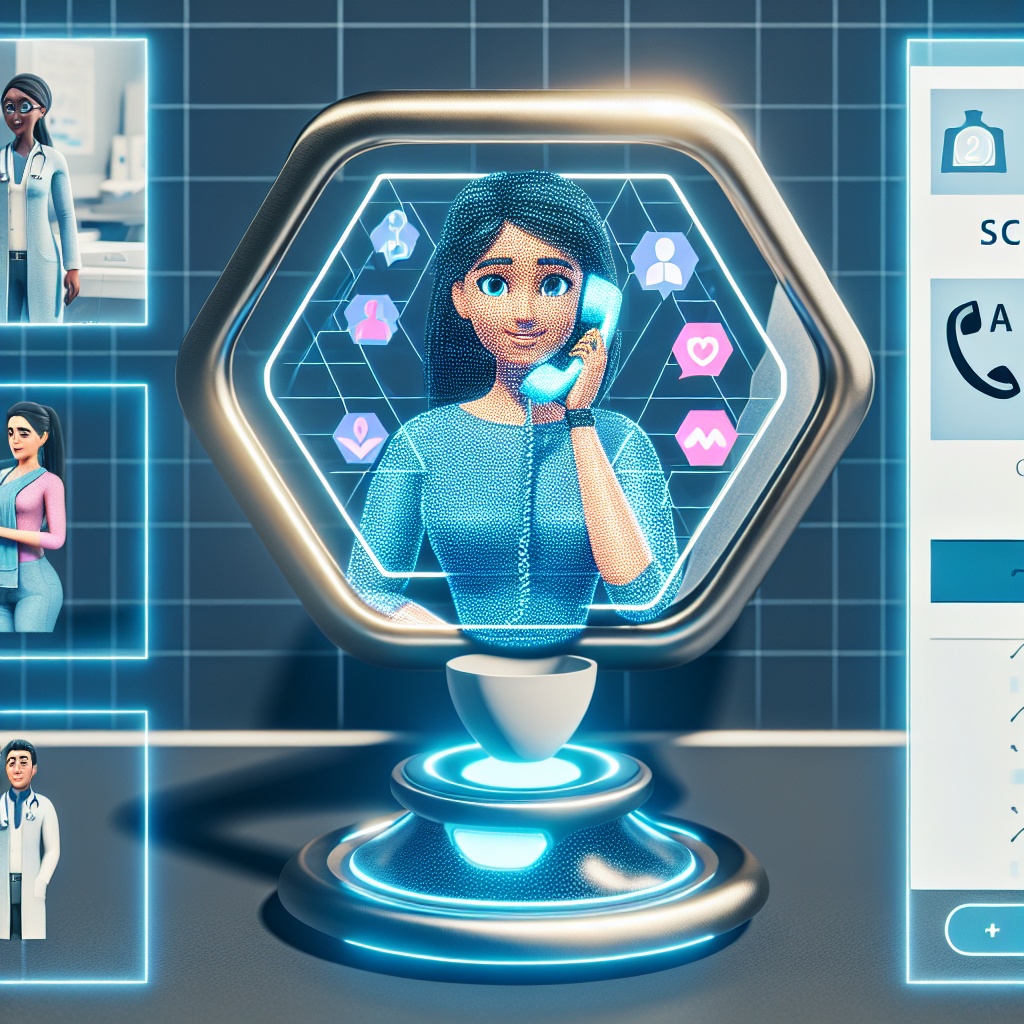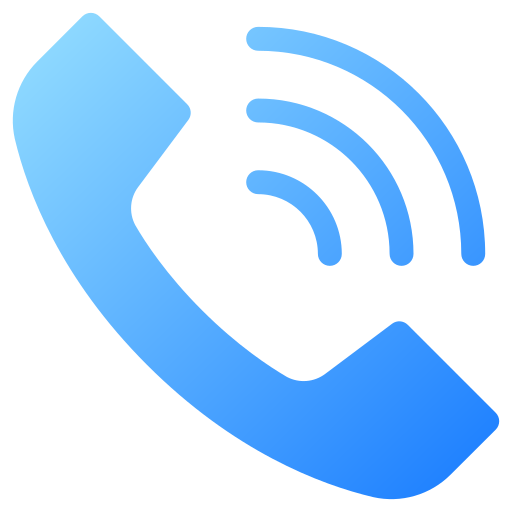Introduction
In the rapidly evolving landscape of healthcare, artificial intelligence (AI) has emerged as a transformative force, particularly in enhancing patient interactions. One of the most promising applications of AI in this sector is the implementation of AI-powered phone agents. These technology-driven tools are capable of streamlining processes such as patient scheduling, symptom checking, and follow-up calls. By utilizing AI, healthcare providers can improve operational efficiency and enhance the patient experience.
Patient Scheduling
Efficient patient scheduling is critical in minimizing wait times and optimizing resource allocation. AI-powered phone agents offer a sophisticated solution by automating appointment bookings and reminders. These agents can interact with patients in real-time, understanding their preferences and availability while reducing the administrative burden on healthcare staff. By providing 24/7 availability, AI agents ensure that patients can book appointments at their convenience, leading to higher satisfaction rates and reduced no-show occurrences.
Symptom Checking
Another significant application of AI phone agents is in symptom checking. These virtual assistants can conduct preliminary assessments by asking patients a series of questions regarding their symptoms. Utilizing algorithms and vast medical databases, the AI can triage concerns and provide patients with potential health guidance. This process not only empowers patients to make informed decisions about seeking care but also helps prioritize cases that require immediate attention. By efficiently filtering patients, AI agents enable healthcare providers to focus on more complex cases.
Follow-Up Calls
Follow-up calls are essential for ensuring patient adherence to treatment plans and for monitoring recovery. AI-powered phone agents can automate this process by reaching out to patients post-appointment or after discharge. These calls can serve multiple purposes, such as assessing a patient’s recovery, clarifying medication instructions, or addressing any lingering questions. Automation of follow-up communications ensures that no patient slips through the cracks, thus promoting better health outcomes.
Conclusion
In conclusion, AI-powered phone agents are poised to revolutionize patient interactions in healthcare settings. By optimizing patient scheduling, facilitating symptom checks, and conducting timely follow-up calls, these advanced tools not only enhance operational efficiency but also significantly improve patient engagement and satisfaction. As healthcare continues to embrace digital transformation, the integration of AI will undoubtedly play a crucial role in delivering more responsive and personalized care.

